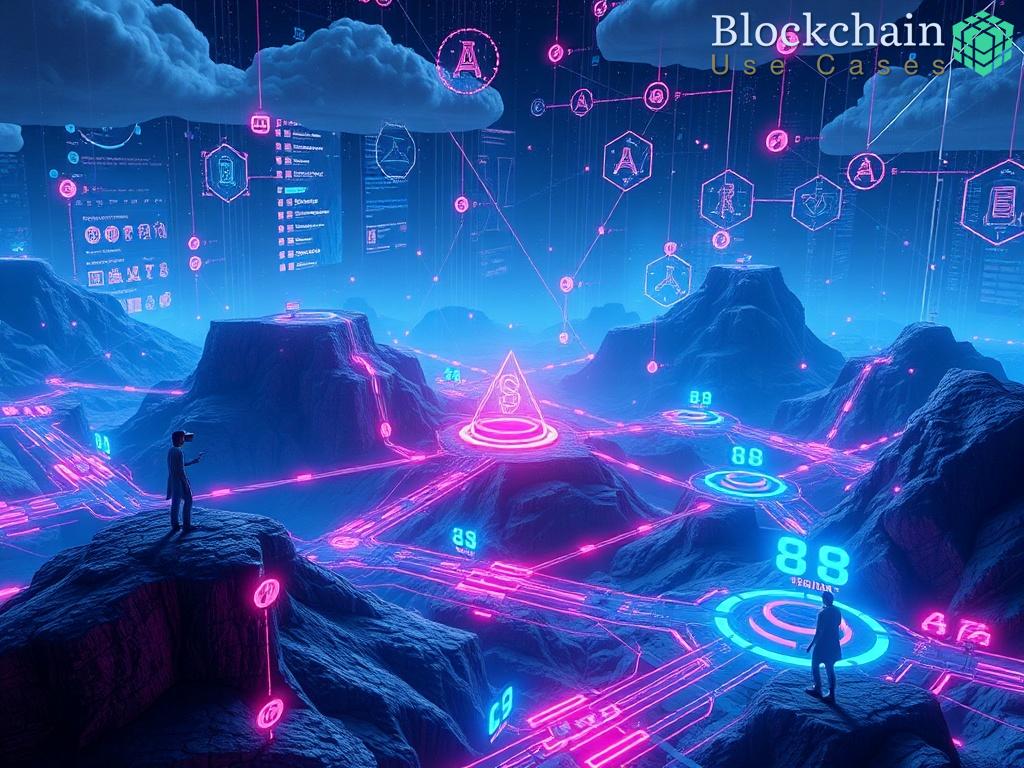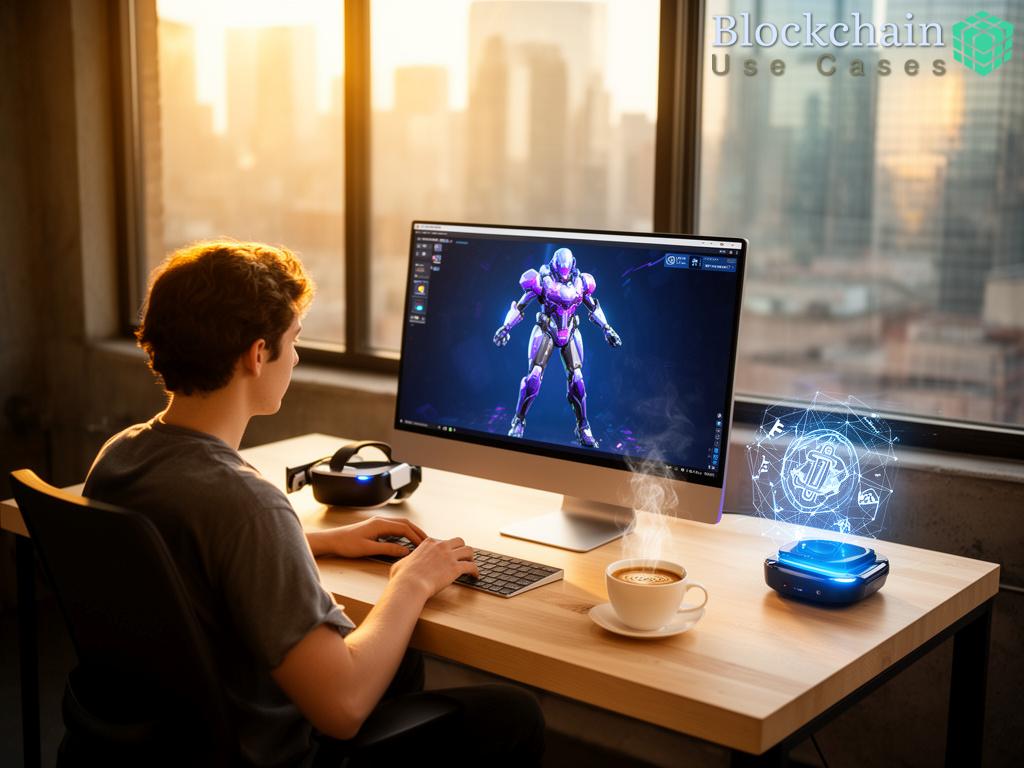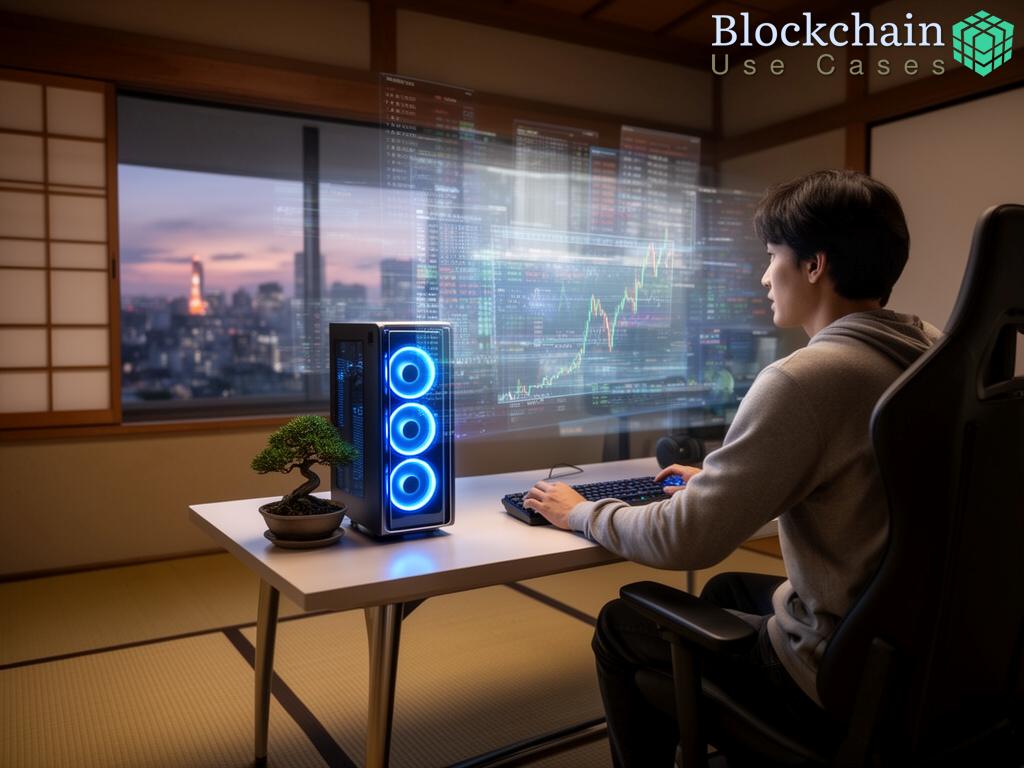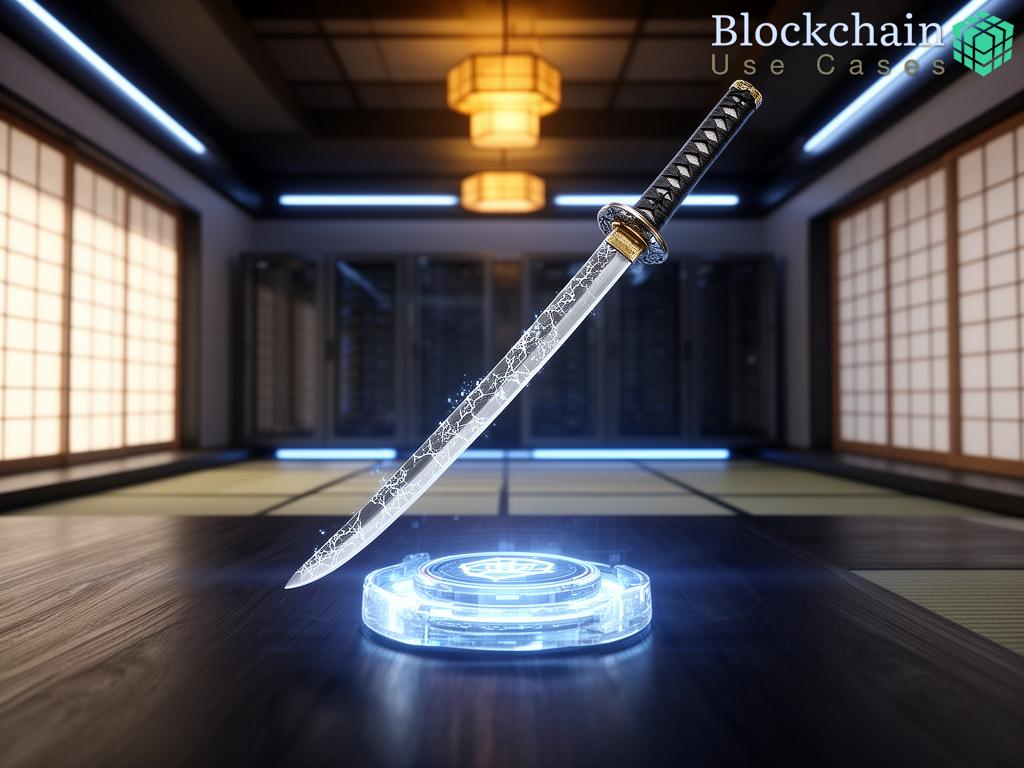Framework for Decentralized IP Management in Gaming
The gaming industry has undergone rapid transformations over the past decade, and one of the most significant shifts has been the emergence of decentralized systems. These frameworks not only offer innovative solutions to traditional challenges but also empower creators and players alike. As the landscape evolves, understanding how decentralized systems can manage intellectual property (IP) rights becomes crucial for stakeholders in the gaming ecosystem.
A successful decentralized IP management framework consists of several key elements that work synergistically to protect rights and ensure fair use. These components include blockchain technology, smart contracts, and community governance. By leveraging these technologies, developers can create a transparent and secure environment where ownership and usage rights are clearly defined.
- Blockchain Technology: Provides a tamper-proof ledger that records all transactions related to IP rights, ensuring transparency and traceability.
- Smart Contracts: Automate the enforcement of IP agreements, allowing for seamless royalty distributions and licensing agreements without intermediaries.
- Community Governance: Empowers players and creators to partake in decision-making processes, fostering a sense of ownership and collaboration.
While the adoption of a decentralized IP management framework offers numerous advantages, it is not without challenges. Stakeholders must weigh the benefits against potential hurdles to fully understand the implications of this innovative approach.
| Benefits | Challenges |
|---|---|
| Enhanced transparency and trust | Regulatory uncertainties |
| Reduced costs through automation | Technological barriers for users |
| Empowered creator communities | Potential for misuse and fraud |
In conclusion, while decentralized systems for managing gaming-related IP rights present an exciting frontier, stakeholders must navigate the complexities involved. By embracing these innovative frameworks with an understanding of both their potential and pitfalls, the gaming industry can pave the way for a more equitable future.
Smart Contracts and Their Role in IP Protection
The advent of smart contracts has revolutionized the way intellectual property (IP) is managed within the gaming industry. By automating agreements through programmable code, smart contracts mitigate risk and enhance the enforceability of IP rights. This shift towards automation not only streamlines operations but also fosters an environment of trust among creators and consumers alike.
One of the primary advantages of utilizing smart contracts in the realm of IP protection is the automation of rights management. By encoding the terms of IP agreements directly into the contract, stakeholders can ensure that all parties adhere to the established guidelines without the need for intermediaries. This leads to a more efficient system where:
- Royalty payments are automatically executed upon predefined conditions.
- Licensing agreements can be updated in real-time with no manual intervention.
- Disputes over IP usage can be resolved through pre-defined algorithms.
Smart contracts empower creators by providing a transparent framework for IP management. Every transaction and modification is recorded on the blockchain, enabling all parties to verify agreements and trace the history of IP usage. This transparency is crucial in building trust among stakeholders, as it allows:
- Creators to have confidence that their work is protected and that they will receive due compensation.
- Players to understand the value of the IP they are engaging with, fostering a deeper appreciation for the content.
Despite the numerous advantages, the integration of smart contracts into gaming IP management is not without challenges. Stakeholders must consider factors such as:
- The technical know-how required to create and manage smart contracts effectively.
- Potential vulnerabilities in contract coding that could lead to exploitation.
- The need for standardization across platforms to ensure interoperability and compliance.
In summary, smart contracts represent a significant advancement in the management of gaming-related intellectual property rights. By automating processes and enhancing transparency, these tools offer a promising pathway to secure ownership and fair compensation in the evolving gaming landscape.
User Empowerment Through Decentralized Licensing
In the rapidly evolving landscape of gaming, the traditional paradigms of intellectual property management are being challenged by decentralized systems that prioritize user empowerment. As players and creators increasingly seek to assert their rights and engage with content in meaningful ways, decentralized licensing emerges as a powerful tool. This shift not only enhances the autonomy of creators but also fosters a more interactive relationship between developers and their audience.
Redefining Licensing Dynamics is at the core of decentralized systems, where creators can establish direct licensing agreements with users without intermediaries. This process eliminates the traditional barriers that often complicate IP management, allowing for tailored licensing options that suit individual creators and their unique visions. For instance, a game developer can choose to grant specific rights to use their content for fan-made projects, all while retaining ownership and control over their original work. This flexibility encourages innovation and creativity, as users are more inclined to engage with content when they know they have legal backing for their endeavors.
Moreover, by leveraging blockchain technology, decentralized licensing ensures that all transactions are recorded transparently. This means that users can easily verify the legitimacy of their licenses, reducing the risk of disputes and fostering a sense of trust in the ecosystem. The blockchain acts as a public ledger that not only documents ownership but also tracks usage rights, making it easier for both creators and users to navigate the complexities of IP management.
Engaging the Community: A Shift in Power is another significant aspect of decentralized licensing. The traditional model often places control in the hands of a few entities, leading to a disconnect between creators and their audiences. However, decentralized systems empower users to take part in the decision-making process regarding the use of IP. Community-driven platforms allow players to vote on licensing terms, propose modifications, and even collaborate on new projects. This participatory approach not only enhances user satisfaction but also cultivates a loyal community around a game or a franchise.
Despite the numerous advantages, it is essential to acknowledge the challenges that accompany this shift. The need for a robust framework that supports decentralized licensing is paramount. Stakeholders must invest in education and resources to ensure users understand their rights and the implications of licensing agreements. Furthermore, developers need to create intuitive interfaces that simplify the licensing process, making it accessible to a broader audience. As the gaming industry continues to embrace decentralization, addressing these challenges will be crucial in realizing the full potential of user empowerment through decentralized licensing.
Challenges in Implementing Decentralized IP Systems
The transition towards decentralized systems for managing gaming-related intellectual property (IP) rights offers a plethora of opportunities, yet it is not without its challenges. As stakeholders in the gaming ecosystem strive to adopt these innovative frameworks, they encounter a range of obstacles that require careful consideration and strategic planning. Understanding these challenges is vital for ensuring the successful integration of decentralized IP management.
One of the foremost challenges in implementing decentralized IP systems lies within the realm of legal and regulatory complexities. The existing legal frameworks surrounding intellectual property are often structured around centralized models, which can create friction when adapting to decentralized paradigms. Different jurisdictions may have varying interpretations of IP laws, and the absence of a unified regulatory approach can lead to confusion and inconsistency. This legal ambiguity can deter stakeholders from fully engaging with decentralized systems, as they may fear potential repercussions or liabilities.
In addition to legal hurdles, the technological barriers present another significant challenge. The successful deployment of decentralized IP management systems relies heavily on the understanding and accessibility of blockchain technology and smart contracts. Many creators and players may lack the necessary technical expertise to navigate these systems effectively, potentially excluding a substantial portion of the gaming community. Furthermore, the user experience in utilizing decentralized applications must be seamless and intuitive; otherwise, the reluctance to adopt such innovations could hinder their widespread acceptance.
Moreover, ensuring infrastructure stability and security is paramount for the longevity of decentralized systems. Stakeholders must invest in robust security measures to protect against potential vulnerabilities that could undermine user confidence and lead to exploitation. As with any emerging technology, the implementation of decentralized IP systems must be accompanied by a comprehensive educational initiative aimed at informing users about their rights and the mechanisms of the technology they are engaging with.
In conclusion, while the promise of decentralized systems for managing gaming-related IP rights is enticing, the journey towards their implementation is fraught with challenges that require collaborative efforts from all stakeholders. By addressing legal complexities and enhancing technological accessibility, the gaming industry can unlock the full potential of these transformative frameworks, paving the way for a fairer and more equitable landscape.
Future Trends in Gaming IP Rights Management
The integration of decentralized identity solutions is poised to revolutionize the way gamers and creators manage their intellectual property rights. By leveraging technologies such as self-sovereign identities (SSIs), individuals can maintain control over their personal data and IP ownership without relying on centralized platforms. This shift not only enhances privacy but also empowers users to engage more freely in the gaming ecosystem, knowing they have a secure and verifiable identity that can be used across multiple platforms.
The future of gaming IP rights management will likely see a significant push toward interoperability among various decentralized systems. As more games adopt blockchain technology, the ability for players to transfer assets and rights seamlessly across different platforms will become essential. This interoperability can foster collaboration between creators, allowing for fan-made content and modifications to flourish. The development of universal standards for IP rights will facilitate smoother transactions and enhance the user experience.
As the concept of DAOs gains traction, their potential impact on gaming IP management cannot be overlooked. By establishing DAOs, creators and players can collectively govern and manage the rights associated with gaming content. This model encourages community involvement in decision-making processes related to licensing agreements and usage rights, driving a more democratic approach to IP management. With smart contracts embedded in DAOs, the distribution of royalties and revenues can be automated, ensuring that all stakeholders receive fair compensation.
The following list outlines pivotal trends that are expected to shape the landscape of gaming IP rights management in the coming years:
- Enhanced User Control: With decentralized identity systems, users will have greater authority over their IP.
- Collaborative Ecosystems: Interoperable platforms will enable cross-game asset utilization and collaboration.
- Democratic Governance: DAOs will facilitate community-driven management of IP rights.
- Improved Transparency: Blockchain technology will ensure transparent tracking of IP usage and ownership.
- Advanced Security Measures: Heightened focus on cybersecurity will protect creators and users from exploitation.





